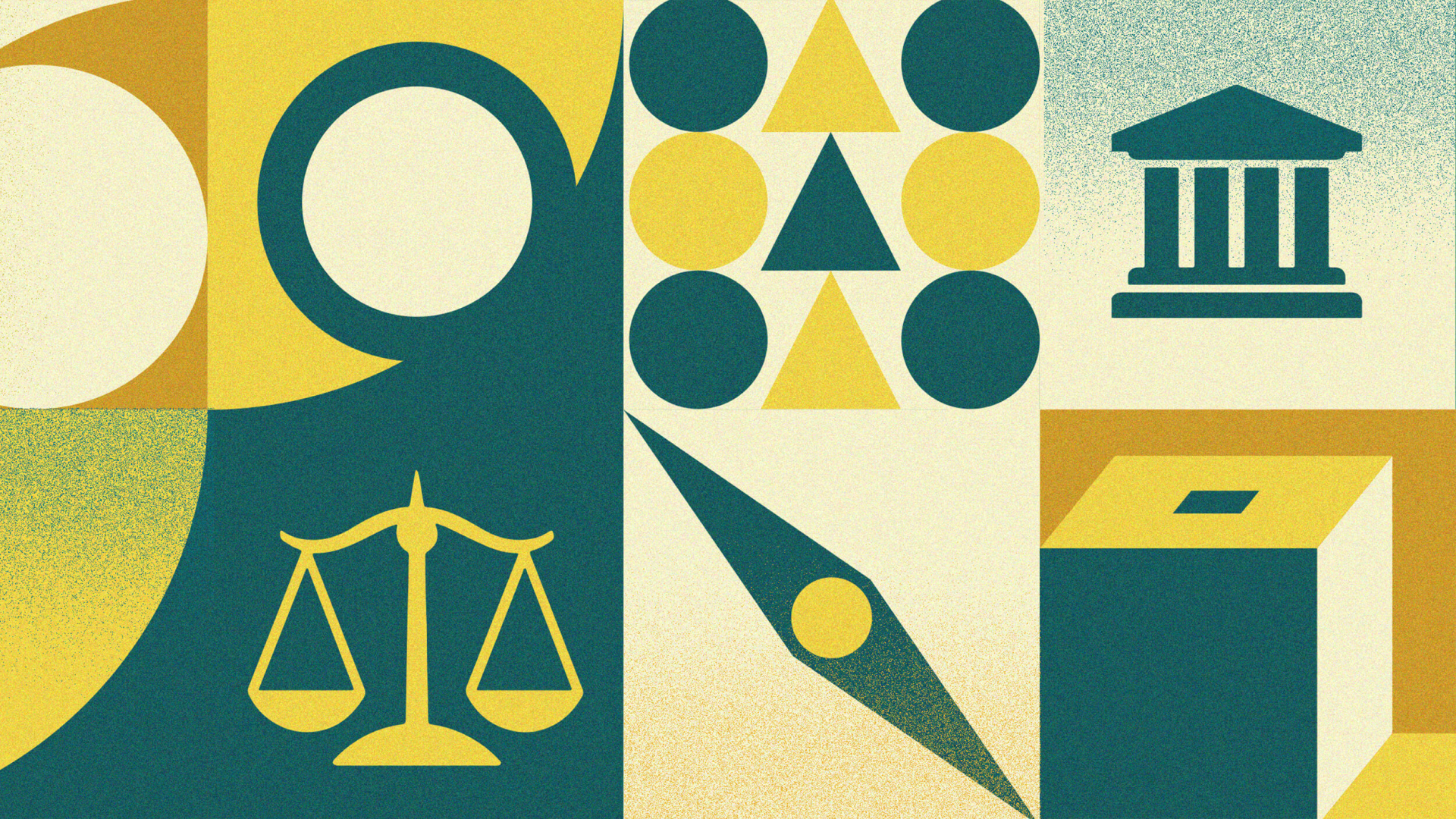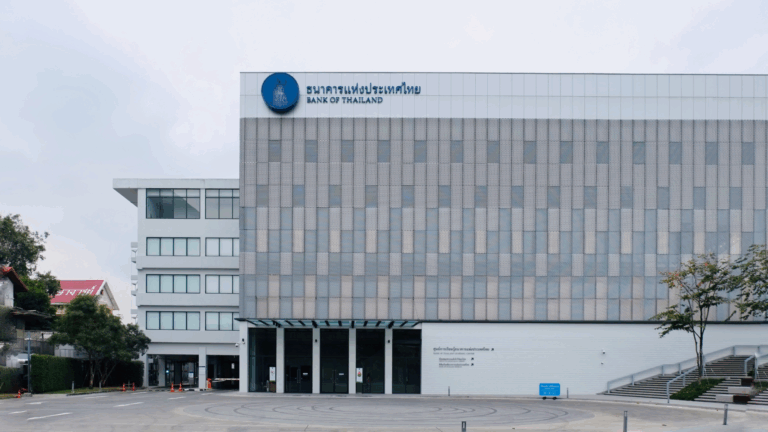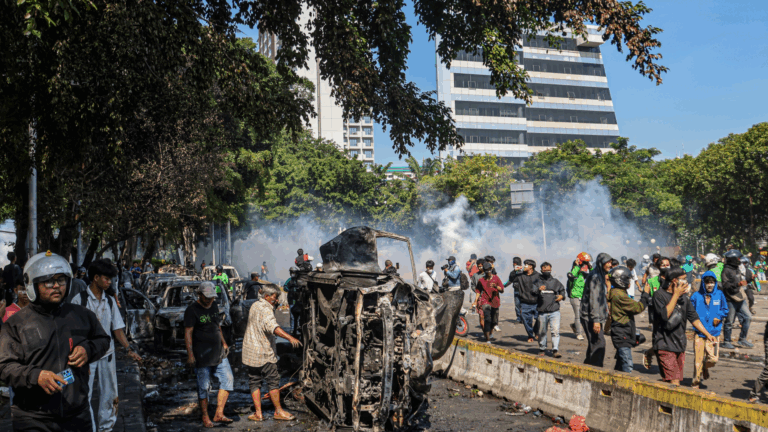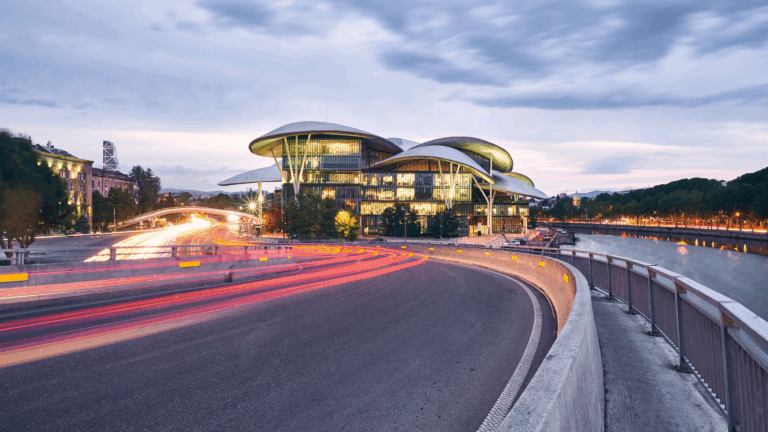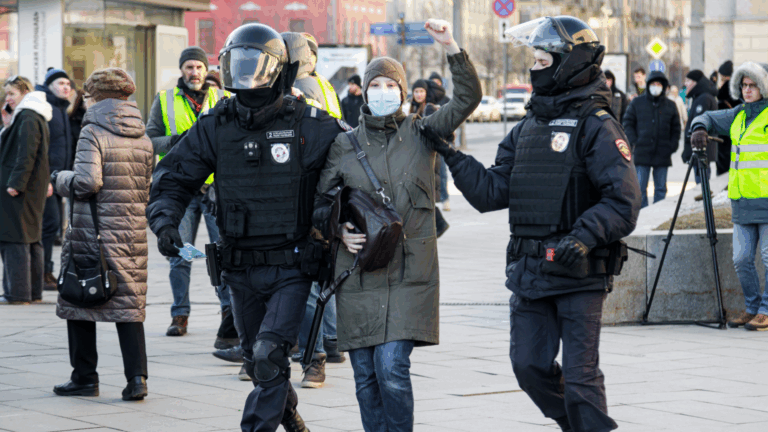By Álvaro Piaggio and Luciana Talamas
Authoritarianism in Latin America has gained significant ground in 2022.
The Cuban and Nicaraguan regimes have engaged in some of the most ruthless repression campaigns in recent history. Venezuela, the other fully-fledged dictatorship in the region, has doubled down on its efforts to whitewash its image abroad and attempt to regain international legitimacy — even as it is being investigated for crimes against humanity and forcing a seemingly endless number of people to become refugees. Competitive authoritarian regimes such as those in Bolivia, El Salvador, and Honduras have also taken steps to narrow the already limited space available for civil society to challenge incumbents.
After the widespread protests in Cuba on July 11, 2021, the regime’s systematic repression of dissent has significantly increased, charging hundreds with “sedition,” “disturbance of peace,” and “dissemination of information that negatively portrays the Cuban government,” among others. As the world witnessed this, Cuba’s parliament approved a new penal code in May that includes sentences of 10 to 30 years or even death to whoever associates with foreign organizations or individuals unauthorized by the government. Since January, Cuba’s crackdown on dissent has resulted in more than 640 arrests and an exodus of more than 115,000 people by August. The dictatorship has also denied several high-profile Cuban dissidents the ability to return home, citing public interest reasons.
Simultaneously, the Cuban regime has attempted to normalize diplomatic relations and whitewash its image before the international community. The latest example: Passing the new “Family Code” in September; a law that allegedly provides certain protections for the LGBTQ+ community in the country. The Minister of Foreign Affairs, Bruno Rodríguez, joined other government officials in welcoming the positive results of the referendum that preceded it by tweeting, “Today we are a better country, with more rights.” In practice, the Cuban dictatorship continues to violate international human rights laws and suppress its citizens’ freedoms of expression, thought, and association, including those of the country’s beleaguered LGBTQ+ community.
Similarly, in Venezuela, the number of citizens who have left the country since 2016 has surpassed 7.1 million. In 2022, over 900,000 Venezuelans fled to other Latin American countries and more than 190,000 to the United States (US), a 300% increase from 2021. The reasons underlying the Venezuelan exodus include the ongoing economic and humanitarian crisis caused by the destructive policies of Hugo Chávez and Nicolás Maduro and the continuous repression of dissent by the Maduro regime. As of October, Venezuelan human rights groups reported 245 political prisoners being held in detention by Venezuela’s dictatorship. And the UN Independent International Fact-Finding Mission on Venezuela (FFMV) released a report in September detailing a plan “to suppress opposition to the government, including through the commission of extremely grave acts of torture amounting to crimes against humanity.” In October, Venezuela was denied a seat on the UN Human Rights Council.
Although this was a positive development given Venezuela’s poor human rights record, the Maduro regime has been actively trying to normalize relations with democracies. For example, by leveraging the record numbers of migrants entering the US, Venezuela is proposing “a fund that could release over $3 billion to provide humanitarian aid to Venezuela through the United Nations, in a process that also involves […] the US State and Treasury Departments.” The regime’s efforts to regain legitimacy in the international arena already have the support of Colombia’s newly elected president, Gustavo Petro, who is spearheading negotiations between the opposition and the regime in Mexico.
In Nicaragua in 2021, Daniel Ortega solidified his power after imprisoning all opposition candidates, thus running unopposed in a sham presidential election. In 2022, taking its crackdown on dissent a step further, the regime aggressively dismantled the remnants of dissent in civil society by shutting down hundreds of NGOs, forcing more than a hundred journalists into exile, and persecuting high-ranking members of the Catholic Church in the country, Matagalpa Bishop Rolando Álvarez, one of the last outspoken critics of the regime, among them. Nicaragua now has more than 200 political prisoners, all of whom are being held in inhumane and degrading conditions with little to no contact with the outside world.
Democracy is also under serious threat in other parts of the continent. In El Salvador, shortly after winning control of the legislature in the 2021 elections, President Nayib Bukele launched a troubling attack on the independence of the judiciary. He bent the rules to stack the Constitutional Chamber of the Supreme Court with political allies, forcing dozens of mid- and lower-level judges to retire. This assault culminated in his announcement to run for reelection in 2024 — something prohibited by the Salvadoran Constitution but effectively approved by the Supreme Court that took over this year.
In Central America, assaults on freedom of speech in Honduras have raised concerns about increased authoritarianism in the country. In South America, Bolivia has been once again engulfed in civil unrest. Bolivian civil society and opposition groups led a weeks-long strike demanding the government carry out the scheduled population census before the next election, something that could critically alter the balance of power among coalitions in Congress. The competitive-authoritarian regime of Luis Arce has responded with disdain and the support of para-state groups, exacerbating an already volatile situation.
As this year ends, people suffering under authoritarianism need the support of the democratic world more than ever. There are many ways to do this. For example, amplifying the stories of political prisoners from Cuba, Nicaragua, and Venezuela on social media and elsewhere is important for sustaining the pro-democracy movement. It puts pressure on authoritarian regimes, making it clear the rest of the world is watching. Raising awareness and sharing these stories can also urge democratic governments to support democracy where it’s most at risk and to consider not engaging in diplomatic relations with authoritarian regimes. Countries like the US, for example, shouldn’t cave in to the cheap and empty diplomatic overtures of the likes of Maduro and Díaz-Canel. Human rights should be the top priority in any engagement with dictatorships. Concessions shouldn’t be considered unless tangible and serious attempts are made to release political prisoners, restore free and fair elections, and establish mechanisms that can bring redress to the millions who have suffered under tyranny.


